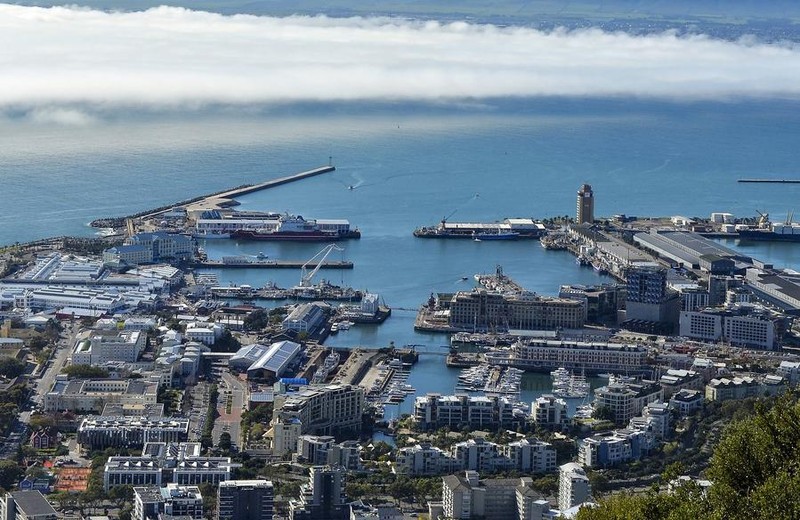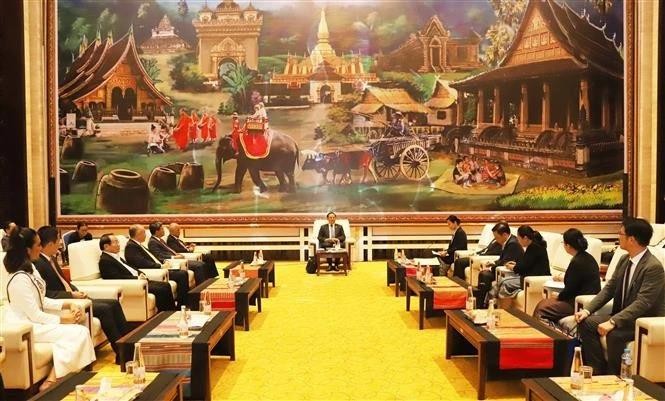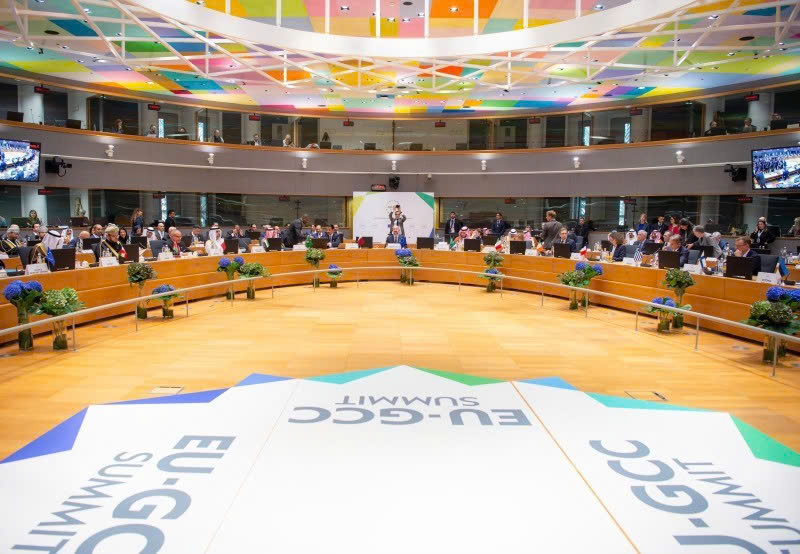However, the continent still faces significant challenges, including high inflation and debt. Faced with multiple crises, Africa’s path towards development goals remains fraught with difficulties and challenges.
The African economic landscape presents a mixed picture. With the continent’s economic growth forecast to improve from 3.4% in 2024 to 3.7% in 2025 and further to 4% in 2026, this positive trajectory reflects the recovery of the region’s key economies and ongoing efforts towards regional integration through the African Continental Free Trade Agreement (AfCFTA).
According to the UN, Africa’s economic growth is expected to strengthen due to the recovery of the continent’s largest economies. East Africa continues to show robust growth, while other regions face their own challenges. Central Africa is constrained by stagnant oil production and political instability, while high debt burdens and unemployment remain pressing concerns across the continent.
Alongside positive signals, inflation remains a major obstacle for African economies, with some countries experiencing double-digit inflation. Food inflation persists in developing economies, with about half having inflation rates above 5% in 2024, exacerbating food insecurity among vulnerable populations.
Many countries in the region are struggling with debt, and interest payments consumed an average of 27% of African governments’ revenue in 2024, up from 19% in 2019. This limits fiscal space for essential investments in healthcare, education and infrastructure. Despite positive growth prospects, Africa must address these challenges to maintain its growth momentum.
According to the United Nations Conference on Trade and Development (UNCTAD), African economies consistently face multiple political, climate or energy crises, which disrupt the continent’s contribution to world trade.
With approximately 16% of the world’s population living in Africa, the continent’s trade volume is relatively low, accounting for less than 2.9% of global trade in 2022. This is primarily due to political instability across the continent.
Africa is rich in important mineral reserves and has numerous opportunities for economic growth. Countries with abundant crucial mineral deposits have significant potential to leverage these resources to stimulate growth and promote sustainable development.
However, this is also a double-edged sword, as nearly half of African countries depend on oil, gas or minerals to generate more than 60% of their export revenue. This makes them vulnerable to sudden market changes.
According to UNCTAD, dependence on natural resources can balance slow growth, low trade and poor governance. Meanwhile, climate change, extreme weather events, and environmental degradation have threatened food security, livelihoods and economic stability in Africa. Approximately 110 million people became victims of climate change threats on the continent in 2022.
Another obstacle is sometimes unclear legal frameworks, which are considered a barrier to entrepreneurial investment. UNCTAD also noted several other obstacles, notably the disparity in logistical infrastructure among some countries.
In the context of the global economy facing numerous headwinds and Africa confronting multiple crises, UN agencies encourage economic diversification and trade development between African countries.
However, in reality, although AfCFTA officially took effect in 2021, Africa remains far from its goal of creating a single large trade area by eliminating most customs duties within 5 to 10 years. Additionally, promoting strong international cooperation is also a crucial factor in helping Africa address its development challenges.
Source: NDO












.jpg)
